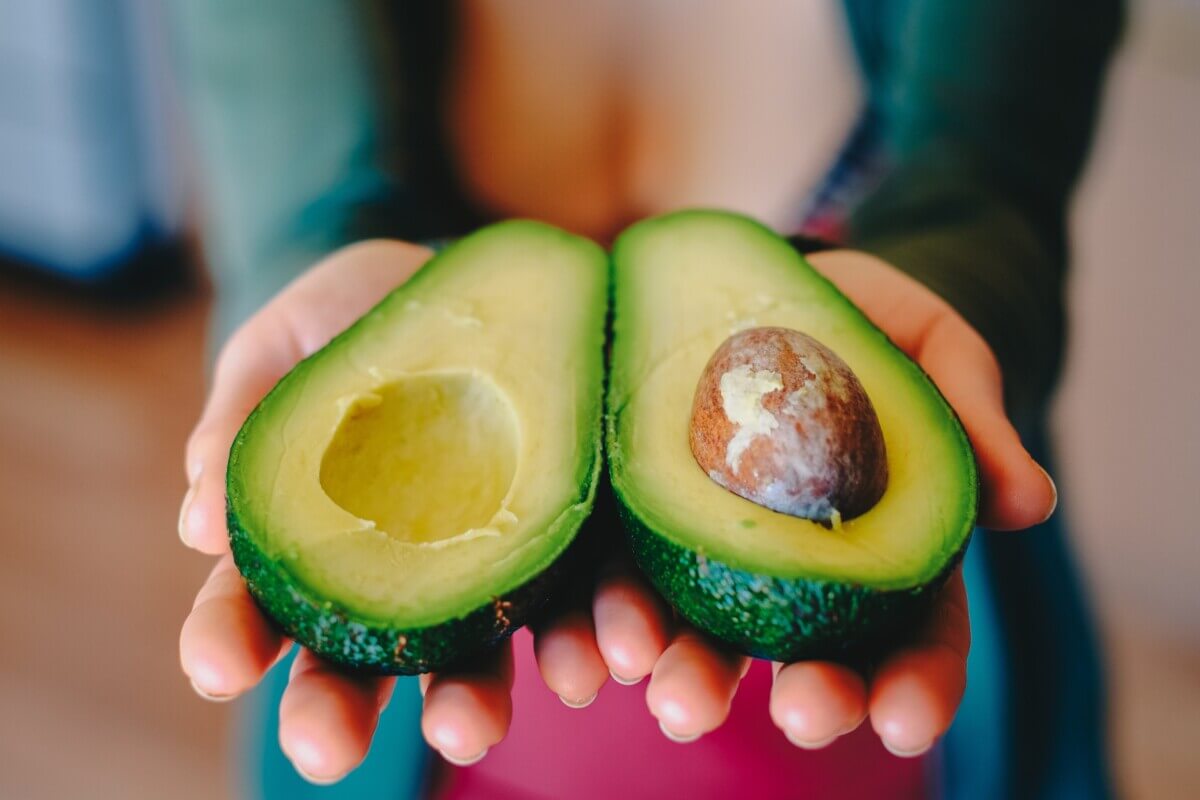
A woman holding an avocado (Photo by coyot on Pixabay)
GUELPH, Ontario — Avocados are a dietary staple of millions, but a new study finds these delicious fruits may have some extra medicinal benefits to offer as well. Researchers from the University of Guelph have discovered a new avocado compound they say may open the door for better leukemia treatments.
More specifically, this compound appears to target and attack an enzyme that can be critical to cancer cell growth.
Researchers focused their attention on acute myeloid leukemia (AML), which doctors call the most dangerous variety of blood cancer. Most people diagnosed with AML are over 65 years-old and only about 10 percent survive for five years post-diagnosis.
Importantly, leukemia cells house large amounts of an enzyme called VLCAD that helps with metabolic processes.
“The cell relies on that pathway to survive,” says Dr. Paul Spagnuolo, Department of Food Science, in a university release. “This is the first time VLCAD has been identified as a target in any cancer.”
Is there a cancer treatment hiding in a superfood?
Spagnuolo and his team tested various nutraceutical compounds in an attempt to find any substance capable of fighting VLCAD.
“Lo and behold, the best one was derived from avocado,” Spagnuolo notes.
“VLCAD can be a good marker to identify patients suitable for this type of therapy. It can also be a marker to measure the activity of the drug,” he continues. “That sets the stage for eventual use of this molecule in human clinical trials. There’s been a drive to find less toxic drugs that can be used.”
Right now, about half of all older AML patients enter palliative care. Others opt for chemotherapy, but that often does more harm than good.
“We completed a human study with this as an oral supplement and have been able to show that appreciable amounts are fairly well tolerated,” Spagnuolo concludes.
The study appears in the journal Blood.










